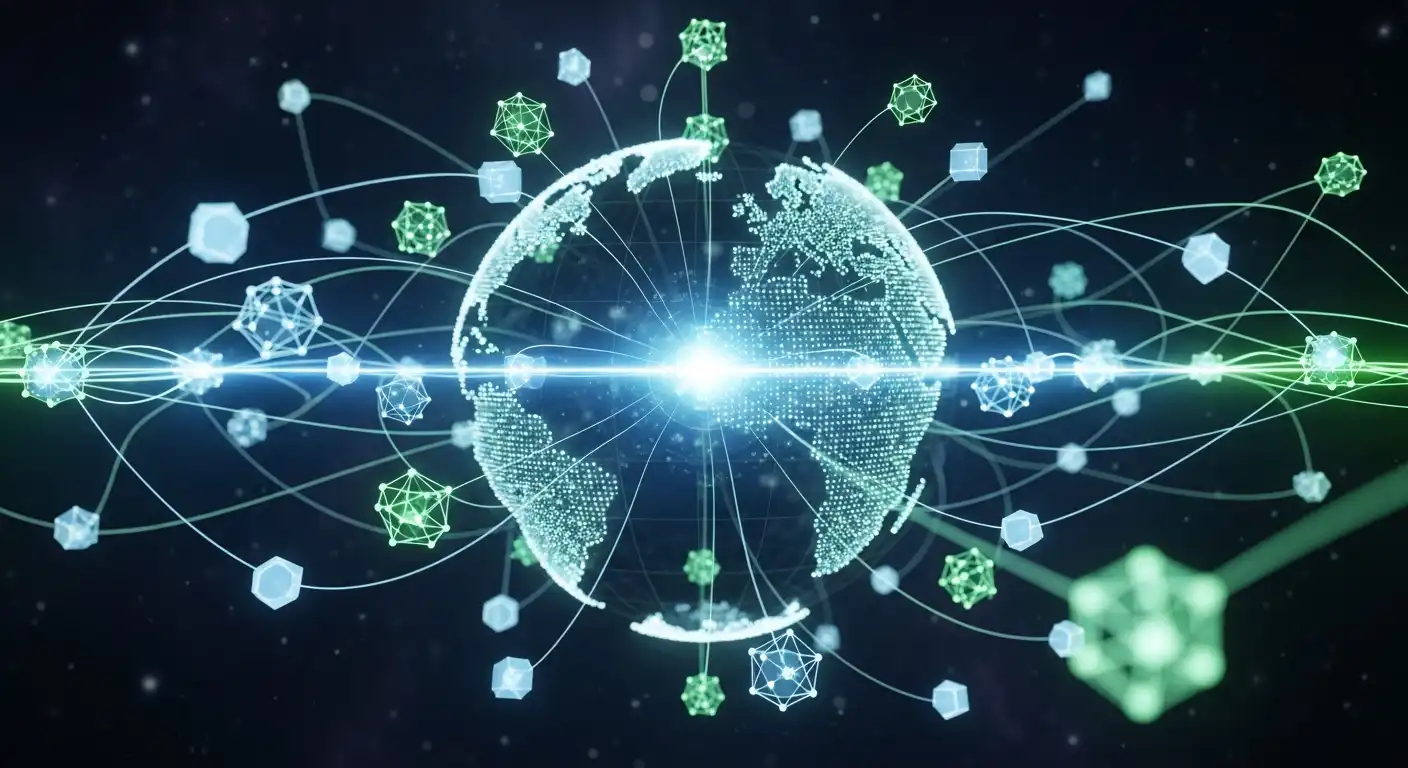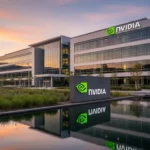Key Points:
- Decentralization of the internet challenges the traditional centralized model, promoting transparency, security, and user autonomy.
- Blockchain technology enables the development of decentralized applications (DApps) that operate on distributed networks.
- Web 3.0 protocols, such as IPFS and Dat, revolutionize data storage and sharing, ensuring resilience and censorship resistance.
- Mesh networks empower communities to establish decentralized communication channels that bypass centralized internet infrastructure.
The concept of internet decentralization is gaining significant traction in a transformative shift towards a more inclusive, resilient, and democratized online ecosystem. This paradigm shift challenges the traditional, centralized model dominated by tech giants and paves the way for a more equitable,user-centric digital landscape.
Instead of relying on a single central authority, internet decentralization distributes control and data across a network of interconnected nodes. This distributed architecture ensures greater transparency, security, and user autonomy while mitigating the risks associated with centralized control, such as data breaches, censorship, and surveillance.
One of the key technologies driving the decentralization of the internet is blockchain. By leveraging blockchain’s immutable, transparent ledger, decentralized applications (DApps) are revolutionizing sectors such as finance, governance, and social media. These DApps operate on decentralized networks, enabling peer-to-peer transactions and interactions without intermediaries.
Moreover, the emergence of Web 3.0 protocols, such as the InterPlanetary File System (IPFS) and Dat, is reshaping how data is stored, accessed, and shared on the internet. Unlike traditional servers, which are prone to single points of failure, these decentralized protocols leverage distributed storage, ensuring data availability and resilience even in the face of network disruptions or censorship attempts.
Internet decentralization also encompasses initiatives to democratize access to digital infrastructure and resources. Mesh networks, for instance, enable individuals to create local networks by directly connecting their devices, thereby bypassing the need for centralized internet service providers. This grassroots approach empowers communities to establish resilient, censorship-resistant communication channels, particularly in areas with limited internet connectivity or under government censorship.
Furthermore, the concept of decentralized autonomous organizations (DAOs) is revolutionizing governance and decision-making processes. DAOs operate based on smart contracts, enabling decentralized communities to collectively manage resources, vote on proposals, and govern autonomously. This distributed governance model fosters transparency, inclusivity, and consensus-driven decision-making, ushering in a new era of digital democracy.




